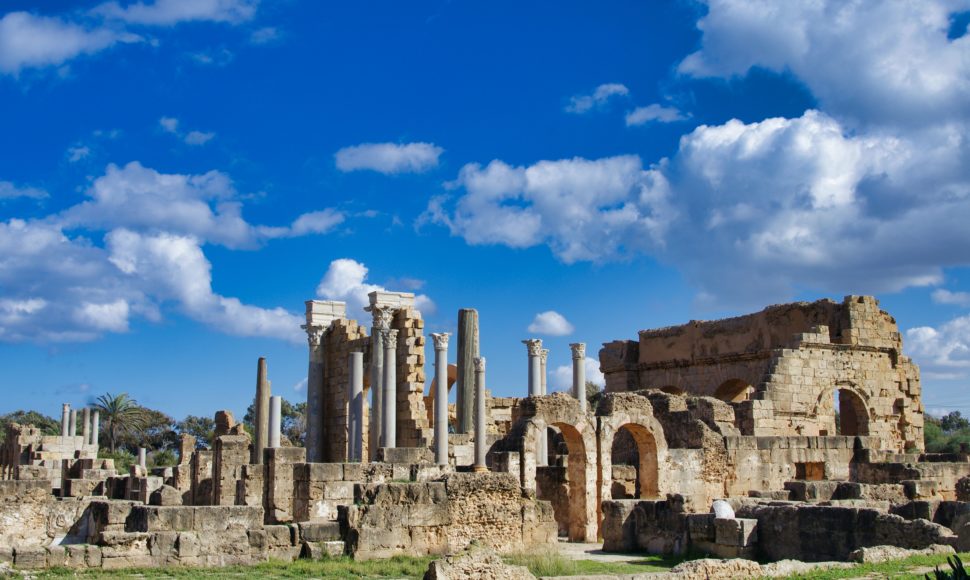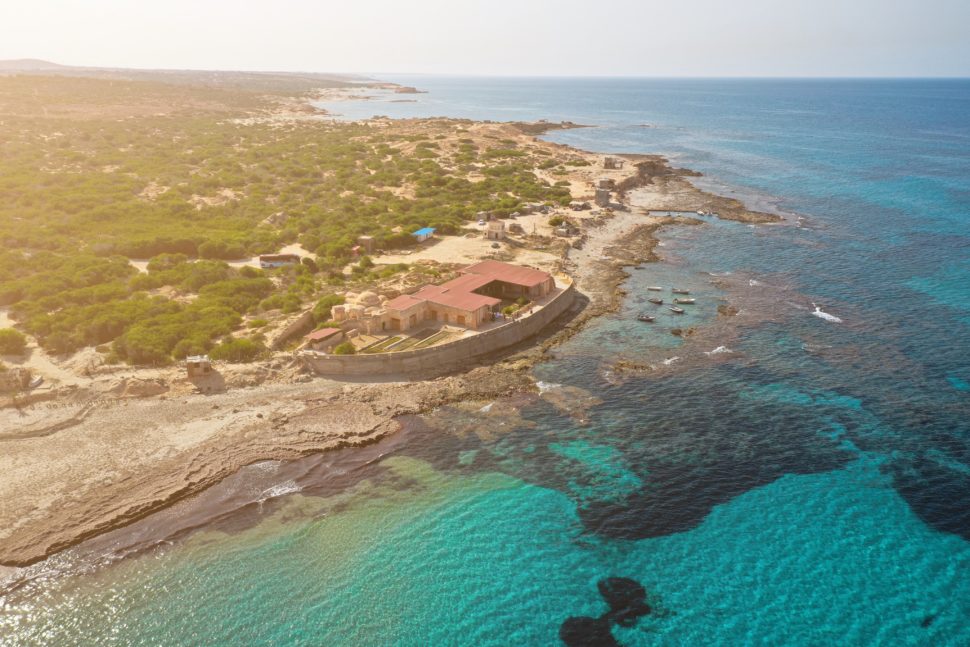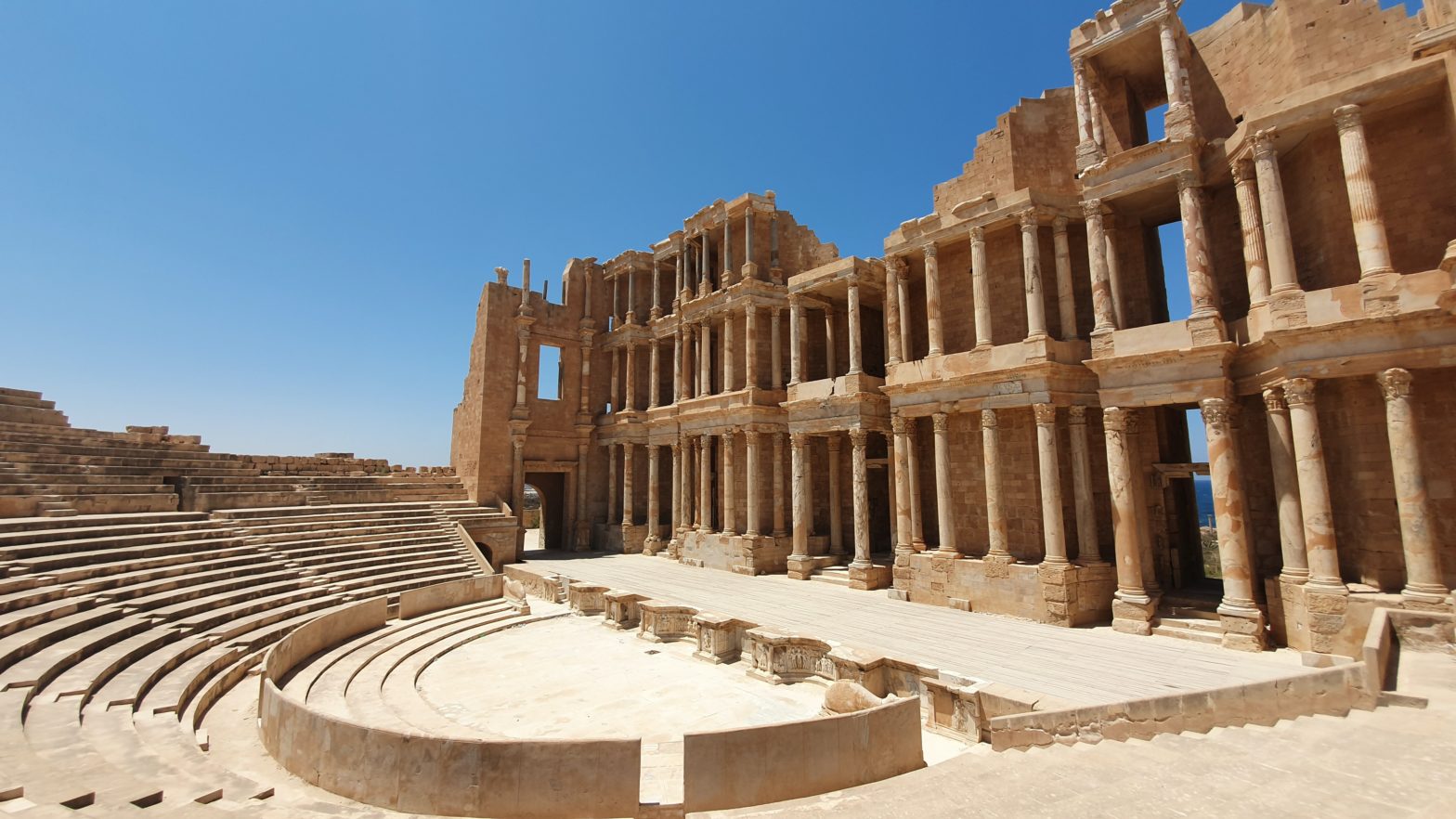Libya is home to one of the most ancient World Heritage Sites in the world. The Libyan ruins known as the ‘Rome Of Africa’ hold centuries of cultural relevance and African antiquity.
The Phoenicians were the people who discovered the historic city of Leptis Magna but after the Romans took over the city there has been a major influence on African architecture.

The ‘Rome Of Africa’ structures are over 2,500 years old and have become defaced with graffiti and are shockingly desolate.
The potential for this becoming a tourist destination is high for Libya’s economy and can be revitalized for visitors to look at Libya as a desirable country for international travel.
The ancient city was excavated and preserved for visitation in the early 20th century. Leptis Magna is located at the top of a scenic mountain road that towers over Libya and is on the coast facing the Mediterranean Sea.
There are miles of stone pillars, an amphitheater, and an abandoned bathhouse that were built centuries ago. This African global site is as picturesque as it gets, with how the ocean’s cascading waves are in your peripheral view when standing on this architectural spectacle.
There are four other UNESCO world sites in Libya that are being jeopardized by vandalism because of Libya’s inner turmoil from previous political conflicts in the last two decades. There are hundreds of acreages where these Roman-inspired buildings lie on the West African coast and are accessible for tourists.

However, in 2016, the ‘Rome Of Africa’ vestiges were placed under the endangered category because of lack of maintenance, restoration procedures, and coastal weather impacts. The remains are negatively affected by the flooding and sea erosion that has prevented the ancient ruins of Leptis Magna from maintaining its normal conditions.
With each year that passes, the ruins are becoming more and more at risk. However, they are open for tourists who want to experience what magic that they still possesse.
Related: Umqombothi The Traditional South African Beer Of The Xhosa Tribe
